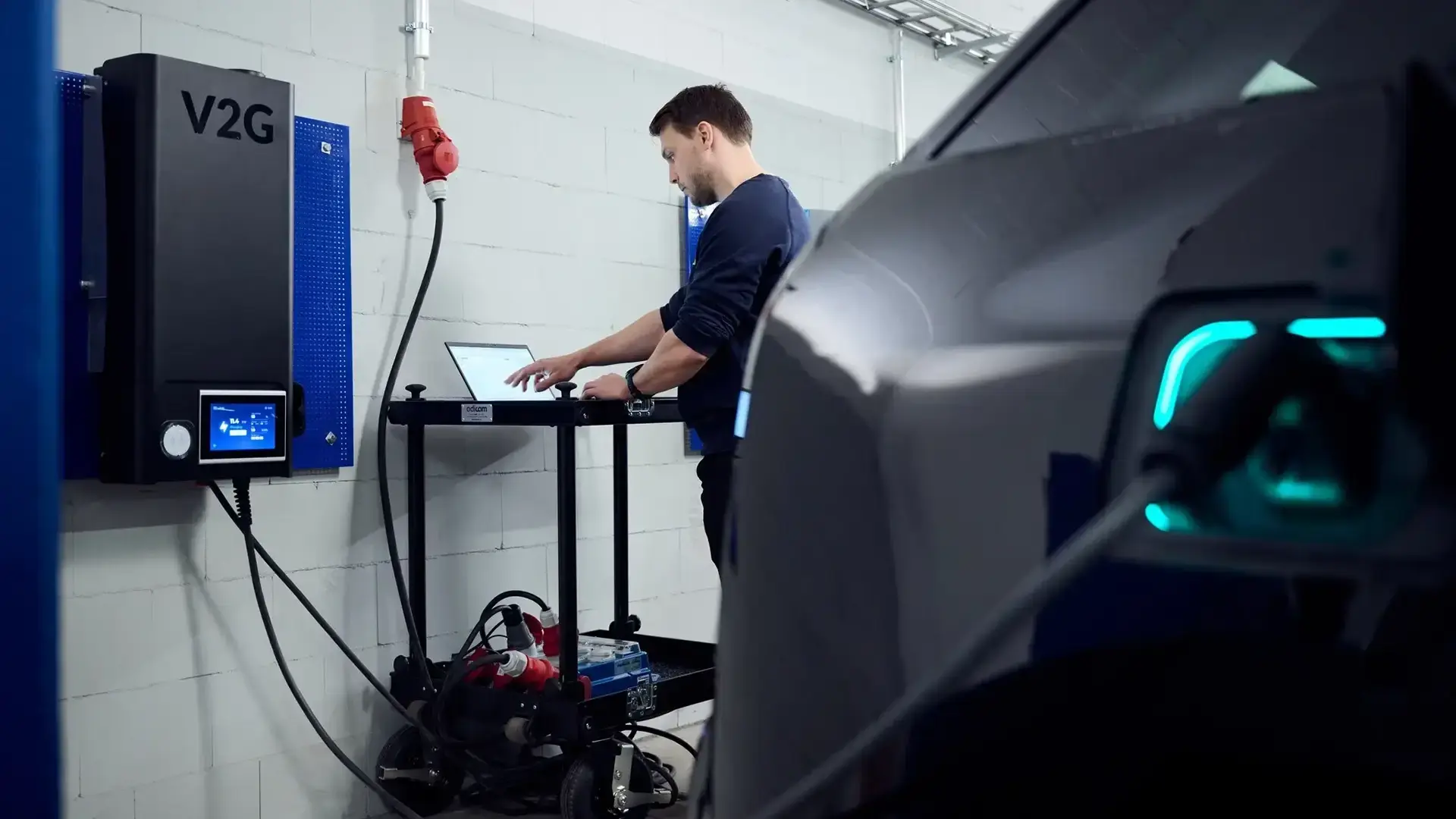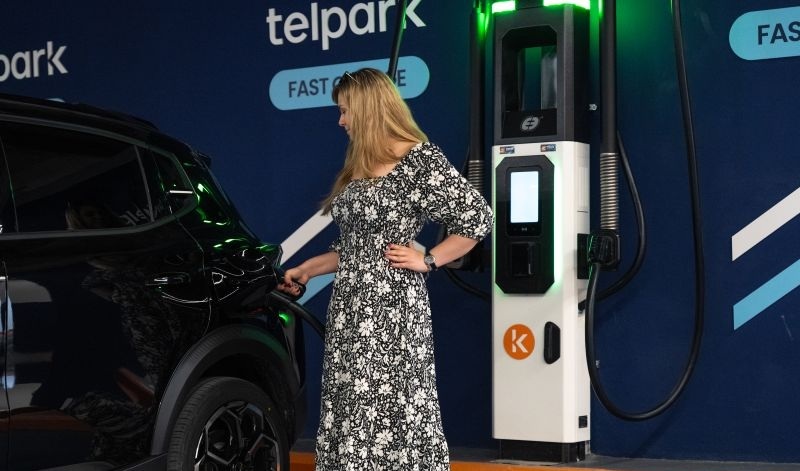CharIN and the IEA’s Task 53 are working together to create the technical and regulatory foundation required for vehicle-to-everything (V2X) integration across both AC and DC systems.
The initiative focuses on achieving interoperability, conducting real-world testing, and aligning stakeholders under common standards.
1. Bridging policy and implementation
IEA Task 53 gathers regulators, researchers, and energy experts to explore V2X deployment, while CharIN supports implementation through interoperability testing and development of conformance protocols based on the Combined Charging System (CCS).
This collaboration aims to connect policy frameworks with industry practice.
2. Prioritising interoperability
With increasing V2X functionalities, interoperability is critical.
CharIN’s Conformance Testing Programme and Testival events bring together OEMs, charging station manufacturers, test system providers, and grid operators to evaluate communication protocols, cybersecurity and charging behaviours in realistic conditions.
3. Expanding test cases for V2X
As bidirectional charging enters advanced testing, CharIN is expanding its scope to include AC/DC power return, energy management with buildings and grids, and secure energy transactions.
These scenarios are essential for validating technical reliability and grid compatibility.
4. Hosting V2X-focused Testivals
CharIN will host at least two dedicated Testivals under this joint effort with Task 53.
These events allow structured testing in practical settings, revealing interoperability issues not detectable in lab environments.
Insights gathered will support updates to CharIN’s Advanced Conformance and Interoperability Specifications.
5. Laying the groundwork for certification
To build confidence among regulators and industry stakeholders, CharIN is harmonising tools across vendors, calibrating systems for test consistency, and recognising accredited laboratories.
These steps aim to establish a repeatable certification process for bidirectional charging solutions.
According to the joint announcement, the results will contribute to global standards discussions and inform future energy policies.
The collaboration underscores the importance of coordinated action to enable reliable and scalable V2X integration.
READ MORE
-
UK updates eligibility criteria for the Electric Car Grant
The UK Government sets new technical and environmental requirements that manufacturers must meet for their electric vehicles to qualify for grants of up to £3,750.
-
Deftpower raises €12.5M to boost European growth and enhance its AI-powered charging tech
Deftpower aims to make EV charging cheaper, cleaner, and smarter for drivers and CPOs, while easing pressure on Europe’s congested power grids.
-
Ekoenergetyka: Investing in EV charging at car parks is more crucial now than ever before
Public car parks are no longer just simple transit points. With the addition of chargers, they are becoming strategic hubs for electric mobility. What is Ekoenergetyka’s strategy?










